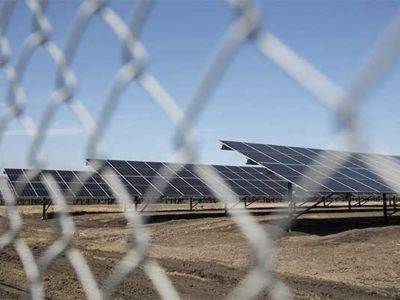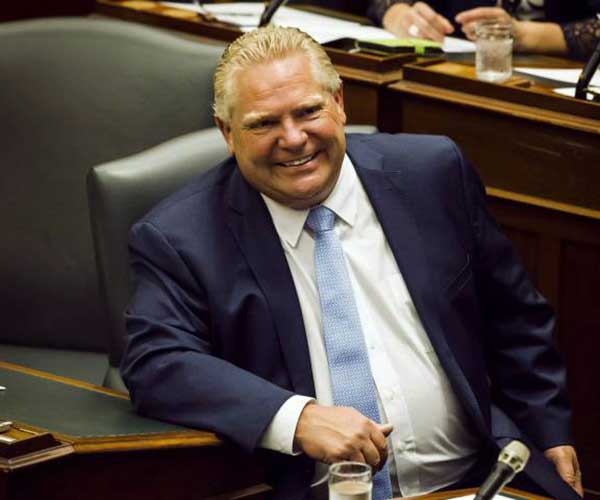MUMBAI, India —The Western Union Company (NYSE: WU), a leader in global payment services, this Diwali is looking forward to lighting up many homes in remote villages of India.
The aim is to make electricity available to those in the villages who have never seen or experienced a light in their homes. Each remittance received from designated countries (see below) during the period 15th October to 30th November, 2015 through Western Union® services will contribute towards the lighting up of a village in rural India.
Western Union will contribute up to INR 100 for each Western Union remittance received in India from designated countries during this period. We anticipate that around 10 villages across India may benefit from this initiative.
Today just 69[1]per cent of the population have access to electricity connections and the situation is even grimmer in the interior regions of the country. For example, in Bihar 80[2] per cent of households experience almost zero access to electricity. Hence to make the Government’s initiative of, “Power for All[3]” a dream come true and to ensure households in villages have light this Diwali, the Indian diaspora now have an option to remit money to India and contribute to the success of this initiative.
People sending money to India via Western Union from US, UK, Kingdom of Saudi Arabia, United Arab Emirates, Canada, Malaysia, Singapore, Australia and New Zealand will have an opportunity to light up people’s lives this Diwali. Several villages in the hinterland of India will get access to light for the first time from solar powered lamps. Through this campaign, Western Union will use the contribution to engage The Energy and Resources Institute (TERI) in erecting solar panels for each household in the targeted villages, and each household will get three solar connections – two for electricity and one for cooking.
Kiran Shetty, Western Union’s Managing Director & Regional Vice President, India & South Asia, said: “By providing solar lamps to these households they will be able to celebrate the festival of lights and dispel darkness in their homes. This platform also ties into the Prime Minister’s objective of ensuring every village has power supply by the year 2022[4]. The solar lamps will provide a sustainable option for electricity where kerosene lamps have been used for decades. We intend to spread the festive cheer to these villages and let them experience a bright Diwali too.”
Dr. I H Rehman, Senior Director, Lighting a Billion Lives, from TERI said: “Around 300[5] million citizens in India have no access to electricity and renewable energy is one way to bridge this gap. The Indian government is making aggressive moves to accelerate the country’s solar energy supply in regionals like Bihar, Uttar Pradesh, Rajasthan and Andhra Pradesh who face a severe power deficit. We are glad to associate with Western Union and to make electricity an accessible commodity in villages who have used biomass fuels extensively for light and cooking. ”
This initiative to light up Indian villages is a part of Western Union’s global WU chain CSR program, ‘Chain of Betters’ which aims to move money for better and to celebrate some of the great things that moving money can achieve. With the movement of money this festive season, many villages will have their homes lit as a result of money being transferred across borders.
Western Union
The Western Union Company (NYSE: WU) is a leader in global payment services. Together with its Vigo, Orlandi Valuta, Pago Facil and Western Union Business Solutions branded payment services, Western Union provides consumers and businesses with fast, reliable and convenient ways to send and receive money around the world, to send payments and to purchase money orders. As of June 30, 2015, the Western Union, Vigo and Orlandi Valuta branded services were offered through a combined network of over 500,000 Agent locations in 200 countries and territories and over 100,000 ATMs and kiosks. In 2014, The Western Union Company completed 255 million consumer-to-consumer transactions worldwide, moving $85 billion of principal between consumers and 484 million business payments.















Comments